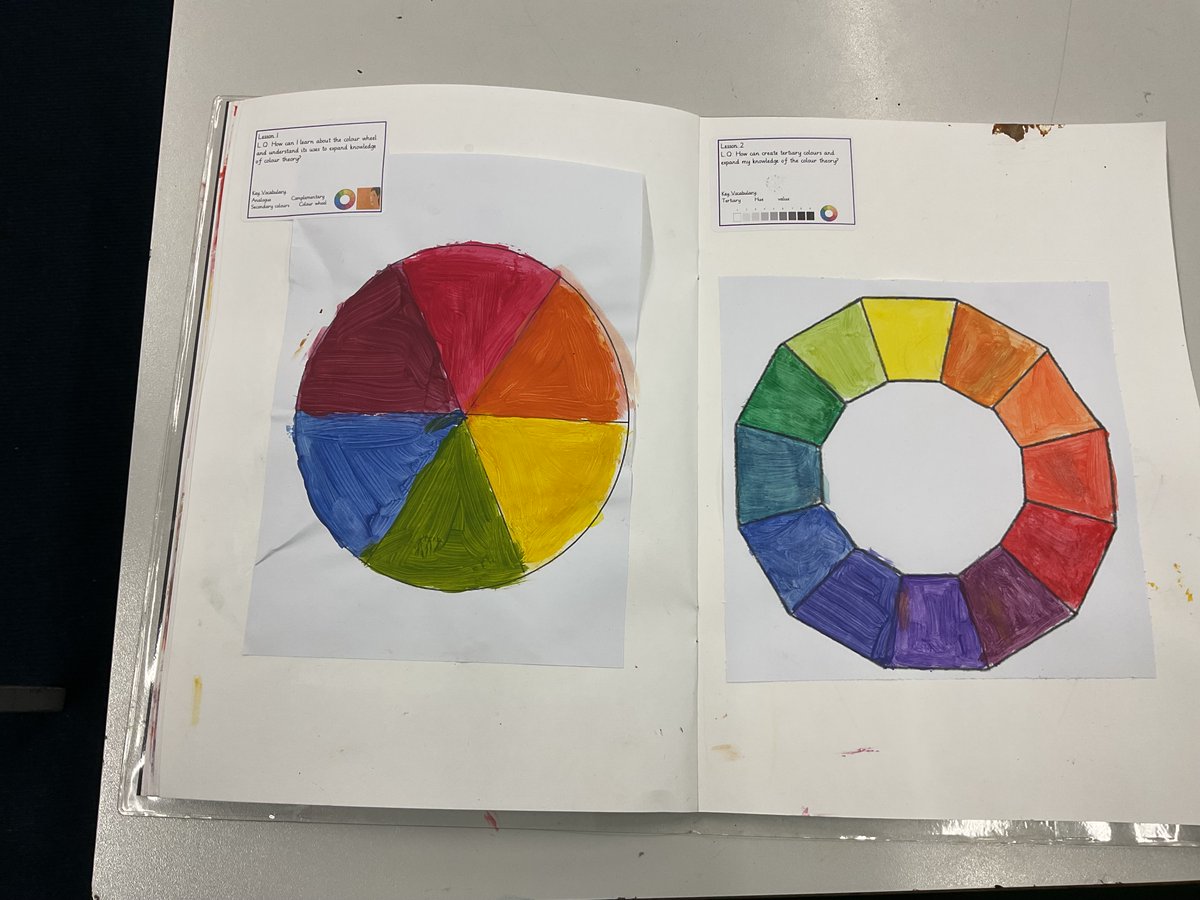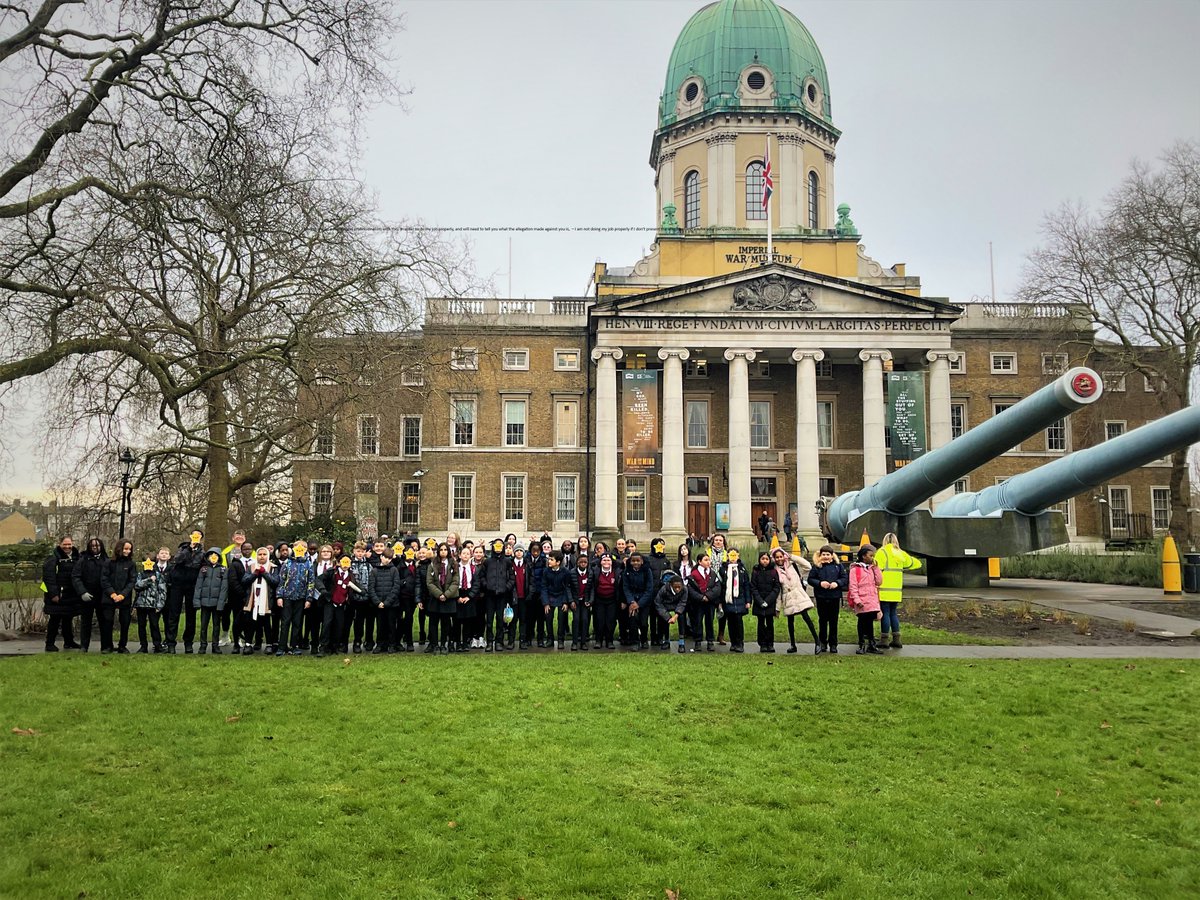Reception Year Intake 2024-2025
Welcome!
We are delighted that you have been offered a place at Harris Primary Academy Kent House, and welcome you to our school community. Below are some helpful guides and tips to enable you to get 'Reception Ready!'
We look forward to meeting you soon!
Pupil Enrolment
Please could you download the Enrolment Admissions Form Booklet at the bottom of this page. Or you can complete the form provided in the link below:
https://forms.office.com/e/gCcXfrePti
We would be very grateful if you could either complete the form in the link above, or return a copy of the Word document, plus a copy of your child’s birth certificate, by email to info@harrisprimarykenthouse.org.uk as soon as possible.
Wrap Around Care
Here at Harris Primary Academy Kent House, we provide a Breakfast Club and After School Club for all children from Reception through to Year 6 whose parents require these. The clubs are well organised, stimulating and fun.
Our goal is to provide all children in our care with a happy, safe, caring and stimulating environment before and after school. The Breakfast Club and After School Club is a team effort, sharing responsibilities with families to provide the best care for all children. Any issues are openly or confidentially discussed. Please fell free to contact us to discuss anything, or pass on information.
The Breakfast Club, organised solely by the school, is usually open Monday thru Friday from 7:30am until the start of the school day.
The After School Club, which is organised on our school site by Bromley My Time Active, is usually open from the end of the school day until 6:00pm. Both clubs are open during term time only, and exluding INSET Days.
Before you start using any Wrap Around Care you need to complete an application, details of which can be found here:
https://www.harrisprimarykenthouse.org.uk/139/school-times-and-wrap-around-care
For details about the After School Club, which is run on our school site by Bromley My Time Active, please contact: Telephone - 020-8323 1769 or 07512 601 930, email - kent.house@mytimeactive.co.uk
An application form for the After School Club can be found at the foot of this page. Alternatively you can use the following link here to make a booking
School Uniform
INFORMATION ABOUT THE SCHOOL UNIFORM CAN BE FOUND ON THE LINK BELOW:
https://www.harrisprimarykenthouse.org.uk/120/our-uniform
Helping To Get You Child 'Reception Ready'
Starting school is a big change in a young child's life, and quite an adjustment for parents too! Being well prepared will help to make it a more positive and exciting experience for them, and you too.
This guide will offer some useful tips to make it all go smoothly.
Writing and recognising their own name
It would be helpful if your child could write and recognise their own name. Help them practise this before they come to school by showing them what their name looks like, and by helping them write it.
Then, if your child sees their name on a name card, a coat peg or on their belongings they will be able to find their own things.
Getting dressed and undressed independently
Your child will be changing their clothes and shoes during the school day to go outside to play or to do activities such as PE. To help your child feel more confident about getting changed, make sure that their clothes are easy for them to take off and put back on again. Clothes with easy fastenings or big buttons are ideal, as well as skirts with elasticated waists and shoes with Velco fastenings.
Encourage your child with practice sessions before they start school.
Going to the toilet independently
Teach your child how to use the toilet and to clean themselves afterwards. Explain the importance of flushing to leave the toilet clean for the next child to use.
Turn practising into a game by asking them to 'what comes next?' so they remember to flush each time.
Encourage them to wash their hands thoroughly with soap before drying them.
An adult is always available if they need help at school, and our toilets are very easy for small children to use as they are designed with them in mind.
Being able to sit and concentrate
It is important that children become used to stting still and concentrating. Practise this with your child at home. Make sessions fun as you encourage them to sit still and listen while you talk about something that intersts them.
Ask them easy questions to keep their attention and get them used to focussing on what you are talking about.
Being able to handle books properly and enjoy a story
We use reading and enjoying stories a lot to help the children learn about the world as well as helping them with their reading and writing.
Help them get used to handling books and enjoying stories by sharing and reading books with them at home.
Allow them to hold the book and turn the pages sometimes as you read them a story.
This will help make them feel 'in charge' of the story, and will be an important step for them towards handling and reading books of their own.
Reception Year
In Reception, we follow the Statutory Framework for the Early Years Foundation Stage issued by the Department for Education (DfE).
The curriculum consists of seven areas of learning:
- Personal, Social and Emotional Development
- Physical Development
- Communication and Language
- Literacy
- Mathematics
- Understanding the World
- Expressive Arts and Design
There are then 17 Early Learning Goals (ELGs) which are part of these areas of learning. If a child achieves these goals by the end of the Reception year then they are said to be working at the expected level.
To support children with working towards these ELGs we use a document called 'Development Matters'. This breaks down each goal into different age bands and is used by staff throughout the year to assess how close children are to reaching the goals.
All of these documents, and many other useful resources, are available from this website: http://www.foundationyears.org.uk/
In The Classroom
Early Years learning and development is provided through purposeful play and through adult led structures and routines that build confidence and provide intellectual stimulus and challenge.
Throughout the day, children will have direct teaching sessions for maths, literacy and phonics, either as the whole-class or in small groups. The rest of the time they will be taking part in activities inside and outside the classroom. Some of the activities will have been prepared by the teacher and will focus on specific objectives. They may be led by an adult or modelled initially and then the children can access them independently. The children will also be able to choose activities from any of the other resources available.
Teachers choose which activities to set-up by assessing the children’s levels of understanding across all areas of the curriculum and identifying any ‘gaps’ in their learning. Teaching inputs and activities are then planned to address these gaps and evidence is then gathered to show the children have then achieved this learning.
All the teaching staff will be engaging with the children during the activities and helping to support their learning and development. Children’s learning is assessed by observing what they say and do during these times. These are recorded and are then shared with parents.





















